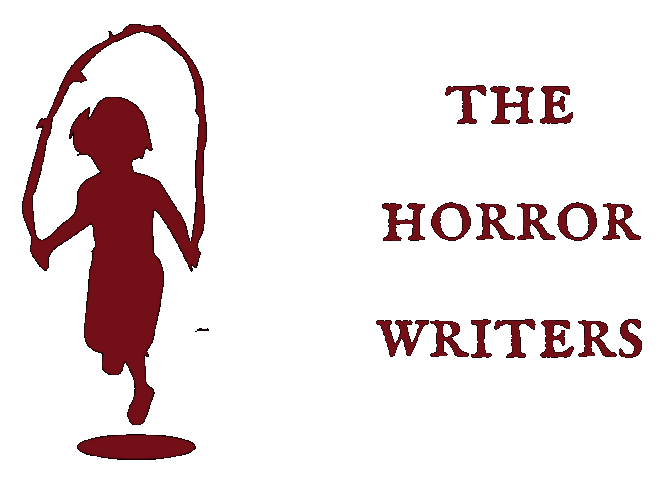They say “write what you know,” and I do. Most of the time, it’s on purpose — I’ll draw on my own mannerisms and reactions to make characters believable, or I’ll pull on tropes that I like and subvert the ones that I don’t.
But sometimes, I write what I know without even realizing that I’m doing it.
My main project, with the working title of Songbird, just finished its second draft recently. In it, a girl named Elizabeth is kidnapped by an evil, immortal witch known only as the Mistress who locks her in a bird cage, curses her to grow feathers that slowly suck the life out of her, and forces her to sing on a stage every night.
Like all of my horror-based projects, I drew on fears that I knew I had. Cages, body horror, public speaking (or, well, singing, in Elizabeth’s case). But when reading through the draft with fresh eyes, I noticed something a little more insidious lurking in between the lines.
When Elizabeth is kidnapped, her clothes are taken from her and replaced by a white dress while she’s unconscious. The Mistress has the power to give commands that are physically impossible to disobey using only her voice. At one point, Elizabeth notes that her body hasn’t really felt like her own since the moment she woke up in the cage. The feathers turn it from a home home to a tomb of hollow bones for her to rot in. And the Mistress’s voice turns her mind against her, too.
From a young age, I was raised with the knowledge that someone could, at any time, override my desires and force me into an encounter that I did not ask for or want, leaving me feeling much like Elizabeth does in Songbird.
Now, make no mistake — sexual assault, and the resulting crises that stem from the loss of autonomy and consent, does not just happen to women. It’s something that can happen to any gender.
But from a very young age, I was taught to never leave my drink alone in an unfamiliar place. I was sent off to college with a can of pepper spray. Whenever I tell my mom that I’m going out with friends, she inevitably tells me carpool so I don’t have to drive through the city alone after dark. I am an adult, and I should be self-sufficient, but I always make sure someone knows where I’m going, who I will be with, and what time I intend to be home.
I have been raised with these expectations, with this fear, because I am a woman. There’s no way around it. Every time I mention it to my friends, it only confirms my suspicions — my female friends will inevitably share my experience, while my male friends are more often than not surprised.
I didn’t realize how pervasively that fear cropped up in my own writing until I read it. Indeed, most of the horror in Songbird stems from the absolute helplessness Elizabeth feels when confronted with a villain that she physically cannot say “no” to. It stems from the same fear that puts the pepper spray in my purse, the same fear that makes me bring my drink with me to the bathroom when I’m out at the bar.
There’s something a little disturbing about the fact that I didn’t recognize it for what it was until after I was finished writing it. It’s because I’m so used to it. I’ve known this fear for as long as I can remember. Sometimes, I even forget that it isn’t something normal, that I shouldn’t have to feel this way.
Of course, we’re making strides as a society. We’re getting better at identifying abusers, at punishing them. But I have to wonder how many generations it will take before little girls aren’t raised with the inherent fear that my friends and I have learned.
—
Jillian Maria can be found on twitter here
You can find Jillian on tumblr here
